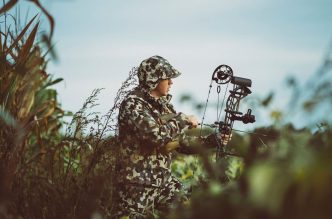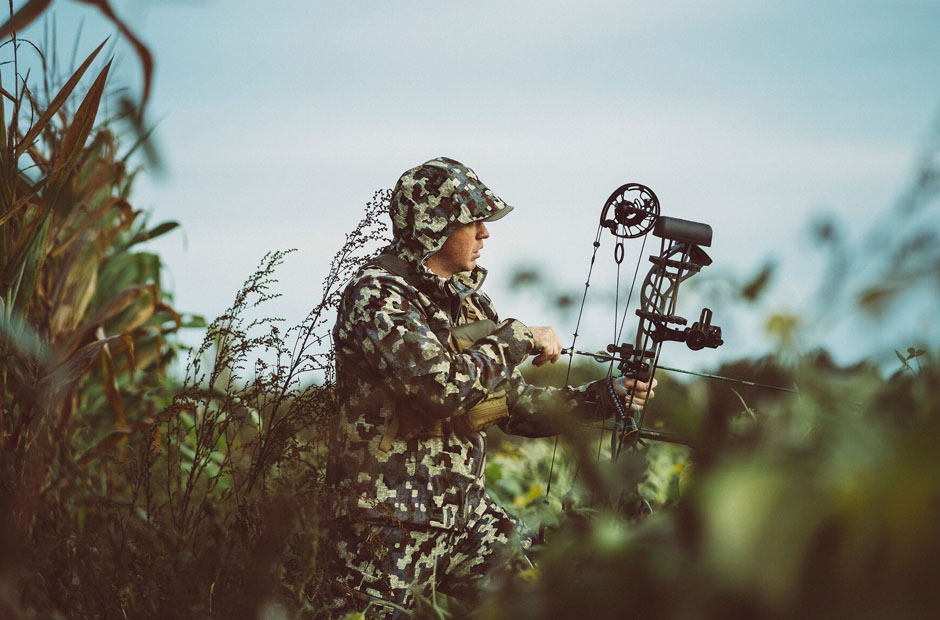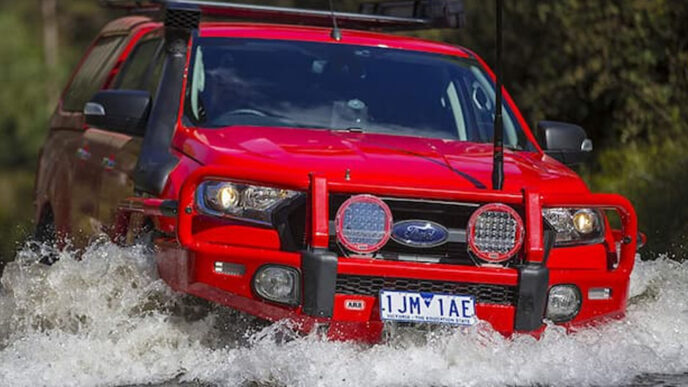Hunting small game can be one of the most rewarding experiences for both novice and seasoned hunters. While it may seem easier than pursuing larger prey, small game hunting requires precision, patience, and an understanding of the animals’ behavior. Whether you’re aiming for rabbits, squirrels, or grouse, mastering the hunt involves preparation, skill, and respect for the environment. Here’s a comprehensive guide to help you elevate your small game hunting experience.
Know Your Quarry
Success in small game hunting begins with knowing your target. Each species behaves differently, and understanding these patterns can make or break your hunt. For instance, rabbits are most active during dawn and dusk, while squirrels tend to forage throughout the day but are highly alert to predators. Birds such as quail and grouse favor dense brush and forested areas. Observing your quarry before the hunt allows you to identify feeding areas, travel paths, and resting spots. This knowledge will inform where to position yourself and the type of gear you need.
Choose the Right Gear
While small game may not require heavy-duty rifles or bows designed for large deer, the right equipment is still essential. A lightweight shotgun or a .22 caliber rifle is ideal for many small game species. Archers can use lightweight arrows paired with small, sharp broadheads, which are effective without causing unnecessary damage to the meat. Additionally, comfortable clothing in muted, earth-tone colors helps you blend into the environment, reducing the chance of startling your target. Proper footwear is crucial as well; small game hunting often involves traversing uneven terrain, so sturdy boots with good traction are a must.
Master the Art of Stealth
Small game animals have keen senses, particularly hearing and sight. Moving silently is key. Learn to walk lightly, avoid stepping on dry twigs, and keep movements slow and deliberate. Hunting blinds, natural cover, and camouflage clothing can enhance your ability to remain unnoticed. Even the slightest rustle can send a rabbit bounding away or a bird into the sky. Patience is a hunter’s best friend—sometimes waiting quietly in a prime location yields more success than actively chasing game.
Timing is Everything
Timing your hunt is another critical factor. Most small game species have predictable activity patterns. Early morning and late evening are generally the best times, especially during warmer months when animals rest during the heat of the day. Seasonal changes also influence behavior. In fall and winter, for instance, animals may shift feeding times or move closer to water sources. By planning your hunts around these natural patterns, you increase your chances of encountering active, accessible prey.
Learn to Track
Tracking is a skill that separates a good hunter from a great one. Footprints, droppings, nibbled plants, and even overturned soil provide clues about the presence and movement of small game. Learning to read these signs allows you to anticipate where animals will be rather than relying on chance encounters. Tracking not only improves your efficiency but also deepens your understanding of the ecosystem you’re hunting in.
Hunt Responsibly
Ethical hunting ensures the sustainability of wildlife populations. Always check local regulations regarding seasons, bag limits, and legal hunting methods. Harvest only what you can use, and respect private property. Remember, small game hunting is not just about the thrill—it’s about connecting with nature while maintaining balance within the ecosystem. Using the correct ammunition and ensuring clean, humane kills also falls under responsible hunting practices.
Preparation and Practice
Even the most seasoned hunters know that preparation is key. Spend time practicing with your weapon, whether it’s a rifle, shotgun, or bow. Understanding your range, accuracy, and handling helps reduce misses and ensures humane kills. Scout hunting locations beforehand, noting the terrain, vegetation, and potential hazards. The more prepared you are, the more confident and effective you will be in the field.
In Conclusion
Mastering small game hunting is a combination of knowledge, skill, and patience. By understanding your quarry, using the right gear, practicing stealth, timing your hunts wisely, tracking effectively, and hunting responsibly, you can greatly improve your success rate. Whether your goal is to provide food, enjoy the outdoors, or simply test your skills, small game hunting offers a fulfilling and challenging experience. Remember, even experienced hunters continually learn from every hunt. With preparation and dedication, you’ll not only master the hunt—you’ll enjoy every step of the journey.














